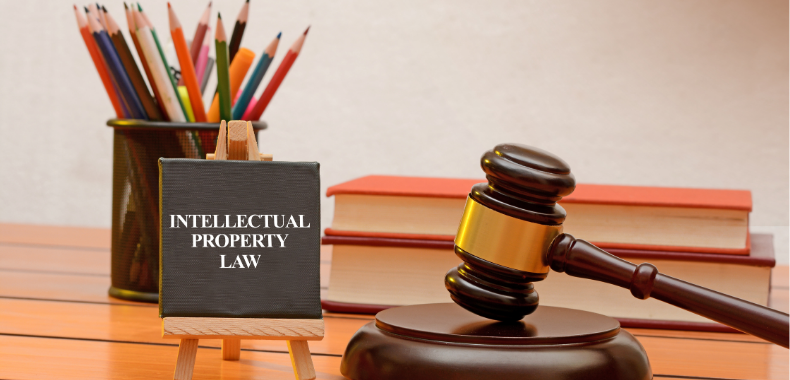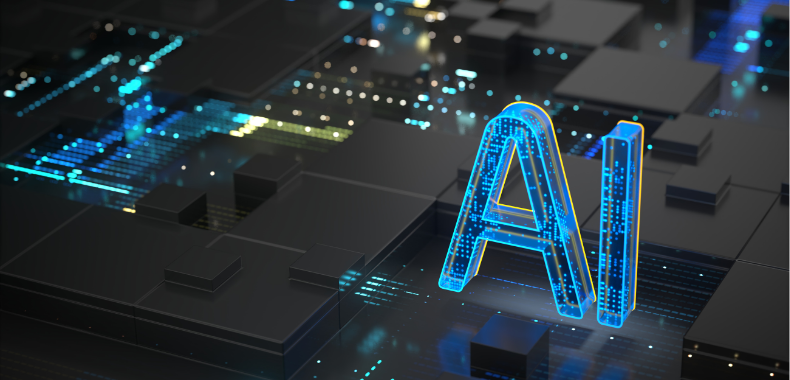At the frontier of Intellectual Property, a dilemma comes up: is it possible for creations generated by Artificial Intelligence (AI) to be protected? Currently, patent applications for such inventions face barriers in several jurisdictions around the world.
In the face of this impasse, a discussion has emerged about the necessity of a specific approach to the protection of AI creations. Recently, in February 2024, a proposed legislation was presented with the intention of modifying the Industrial Property Law (Law 9.279/96), proposing that AI systems could be considered the authors of their own inventions, granting them intellectual property rights. Under this proposal, the AI system would be considered the inventor.

In Brazil, the official patent authorities are studying the idea of considering AI systems as inventors, particularly in cases involving human intervention. This debate gains relevance with the “Dabus” case, which is a system that has been granted inventor status in patent applications. In 2019, the “Dabus Case” attracted attention in the UK when the creator of the system tried to register two inventions autonomously generated by AI. However, these applications were rejected in Europe, the United States and Brazil, due to the non-existence of a qualified inventor.
This discussion illustrates the possibility of re-examining and adapting intellectual property laws to deal with the complexities of the Artificial Intelligence age. The issue of recognizing AI systems as inventors is not only a legal challenge, but also raises ethical and practical questions about the attribution of responsibilities and rights.
—
Author: Isabela Nicolella Vendramelli, Thaís de Kassia R. Almeida Penteado and Cesar Peduti Filho, Peduti Advogados
—
If you want to learn more about this topic, contact the author or the managing partner, Dr. Cesar Peduti Filho.



